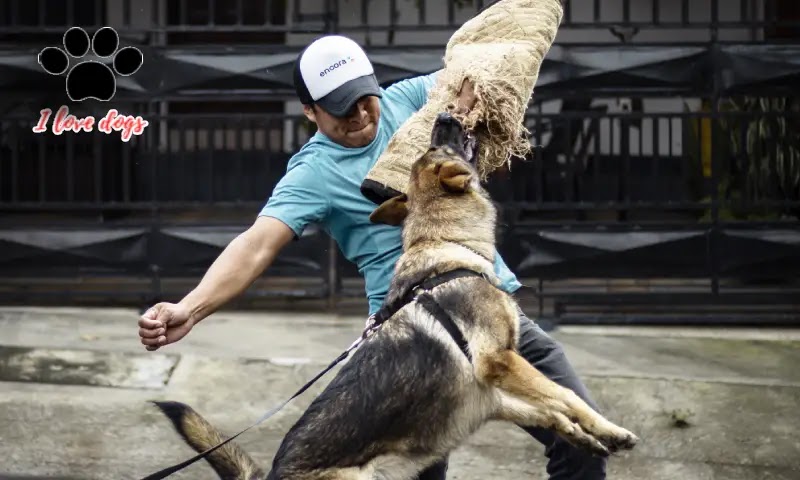Training a dog can be a rewarding experience for both you and your furry friend. But, when it comes to training a dog that is not motivated by food, it can be a bit more challenging. Don't worry, with a little bit of patience and effort, you can successfully train your pup to follow commands and develop good behavior. In this article, we'll discuss several tips and tricks to help you train your dog that is not motivated by food.
1. Find what motivates your dog
The first step in training your dog is to figure out what motivates them the most. Some dogs are motivated by food, while others may respond better to toys, praise, or affection. To determine what motivates your dog, try offering them different rewards and observe their reaction. This will help you find the most effective motivator for your dog and make training easier and more successful.
2. Be consistent
Consistency is key when training any dog. Make sure to stick to a routine and be consistent in your commands and rewards to help your dog understand what you expect of them. This will make training easier and help your dog develop good behavior more quickly.
3. Make training sessions short and fun
Training should be a positive experience for both you and your dog. To keep your dog interested and engaged, make sure to keep training sessions short and fun. Avoid making training too long or boring, as this can lead to a loss of motivation and interest.
4. Use positive reinforcement
Positive reinforcement is an effective training technique that involves rewarding your dog for good behavior. This can include praise, petting, or playing with a favorite toy. By using positive reinforcement, you can encourage your dog to continue exhibiting good behavior and make training more enjoyable for both you and your pup.
5. Create a calm and relaxed environment
A calm and relaxed environment is essential for successful training. Avoid distractions and create a quiet, peaceful setting for your training sessions. This will help your dog remain focused and allow you to get the most out of each training session.
6. Be patient
Training a dog that is not motivated by food may take longer, so it's important to be patient. Celebrate your successes, no matter how small they may be, and remember that progress takes time. With patience and persistence, you can help your pup develop good behavior and obedience.
7. Seek professional help
If you're having trouble training your dog, consider seeking the help of a professional dog trainer. They can help you identify the root cause of your dog's lack of motivation and provide customized training strategies to help you succeed. With the right support and guidance, you can successfully train your dog and provide them with the love and attention they deserve.
Conclusion
Training a dog that is not food motivated may require some extra effort, but it is not impossible. By finding what motivates your dog, being consistent, making training sessions short and fun, using positive reinforcement, creating a calm and relaxed environment, being patient, and seeking professional help, you can successfully train your furry friend. Remember, the key to success is to have patience, persistence, and a positive attitude. With these tools, you can help your dog develop good behavior and obedience and create a strong, loving bond with your pup.

Comments